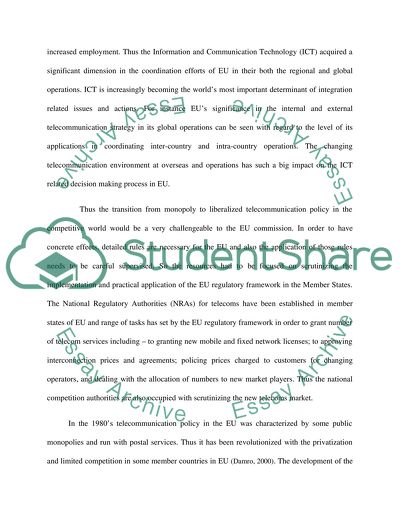Cite this document
(“European Union's Policy in Telecommunications Essay”, n.d.)
European Union's Policy in Telecommunications Essay. Retrieved from https://studentshare.org/politics/1508188-european-unions-policy-in-telecommunications
European Union's Policy in Telecommunications Essay. Retrieved from https://studentshare.org/politics/1508188-european-unions-policy-in-telecommunications
(European Union'S Policy in Telecommunications Essay)
European Union'S Policy in Telecommunications Essay. https://studentshare.org/politics/1508188-european-unions-policy-in-telecommunications.
European Union'S Policy in Telecommunications Essay. https://studentshare.org/politics/1508188-european-unions-policy-in-telecommunications.
“European Union'S Policy in Telecommunications Essay”, n.d. https://studentshare.org/politics/1508188-european-unions-policy-in-telecommunications.


